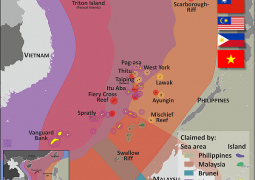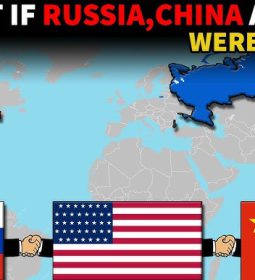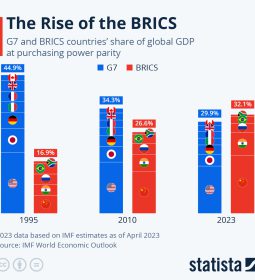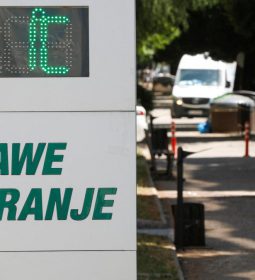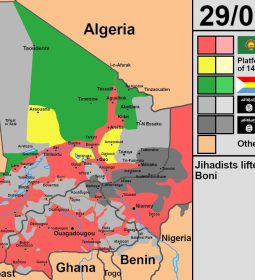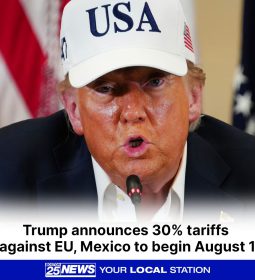Trump pulls US out of climate pact: is China set to lead?
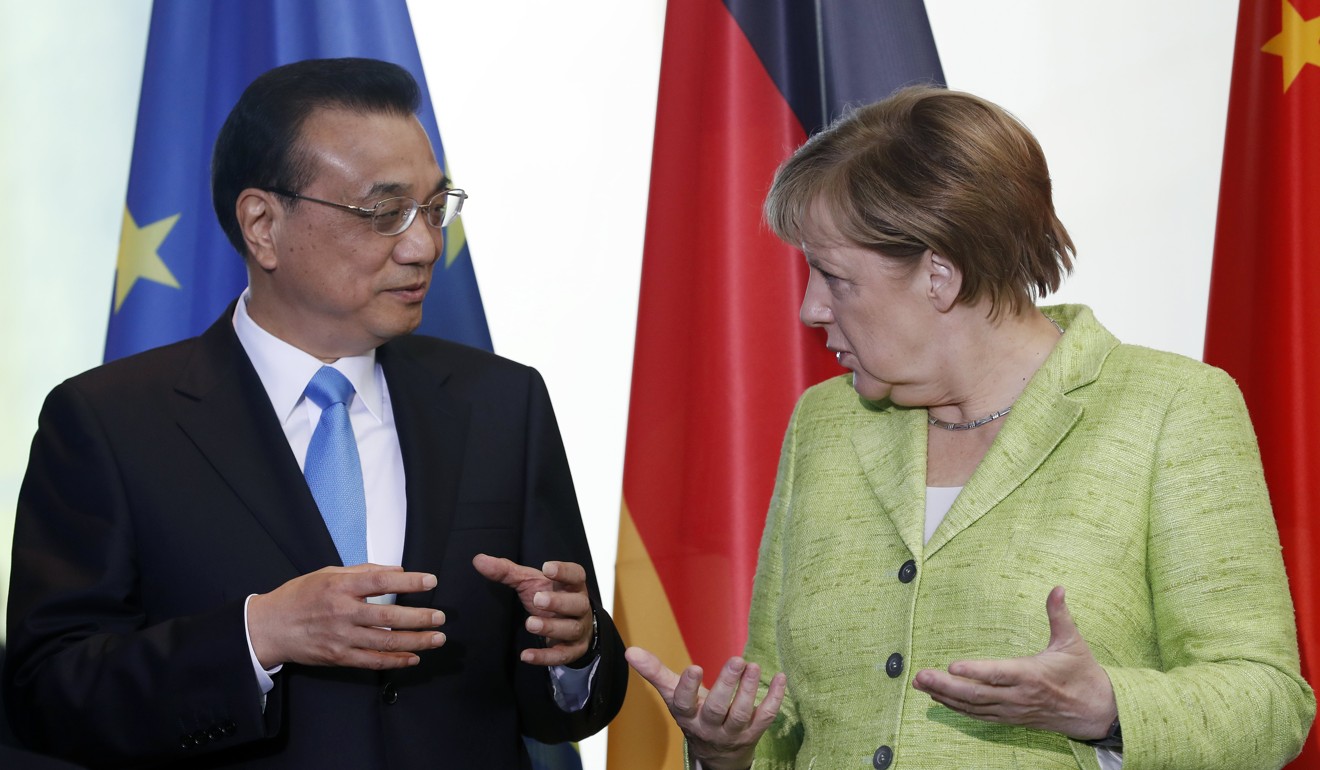
By Robert Delaney
As of today, the US will cease all implementation of the non-binding Paris Accord,” Trump said in a special White House briefing.
The president said the agreement “is less about the climate and more about other nations gaining a financial advantage over the United States”.
Trump’s decision reverses a key pillar of former President Barack Obama’s effort to combat an increase in global temperatures, which scientists say has been hastened by the burning of coal, oil and other fossil fuels.
The move also cedes global climate action leadership to China, which Trump chided in his speech, and the EU. China’s Premier Li Keqiang and German Chancellor Angela Merkel recently pledged to work together on environmental issues, including climate change.
The Paris Agreement, a climate action plan drafted as part of the United Nations Framework Convention on Climate Change, enumerates non-binding targets set by each ratifying country for the reduction of greenhouse gas emissions.
Scott Pruitt, who Trump appointed as head of the US Environmental Protection Agency, said following the president’s speech that the Paris Agreement’s goals are “unachievable”.
Reactions from the scientific community were swift.
“Science has told us that climate change doesn’t have any borders,” Christine McEntee, executive director of the American Geophysical Union (AGU), said in an interview with the South China Morning Post. “The US is withdrawing from a global agreement to work in a very constructive and collaborative way to address this threat that we’re already feeling the impact from.
How China overtook the US in leading the battle against climate change
“The US, because of our population and energy mix, is one of the top emitters of fossil fuel emissions, so it will be extremely challenging to meet the global goal without the US sharply cutting its emissions as a contribution towards that goal.”
The AGU, a Washington-based non-profit entity that disseminates atmospheric and marine science research, is one of 18 American scientific associations listed by the National Aeronautics and Space Administration as endorsing assertions that man-made burning of fossil fuels is the primary driver of increasing global temperatures.
The Paris Agreement came into effect in November 2016, after the US and other major greenhouse gas emitters, including China and India, signed the agreement.
The US is one of 147 Paris Agreement signatories, and would be the first to back out.
In his 25-minute speech, Trump alleged that China, India and other countries sought to use the Paris Agreement as a means to gain an economic advantage by taking advantage of allowances for developing economies.
Meanwhile, Trump said, Washington’s commitments would cost the nation US$3 trillion “in lost GDP and 6.5 million industrial jobs”.
Climate action by the US and China is key to the Paris Agreement’s goal to keep the average global temperature increase to within 2 degrees compared with the pre-industrial era level because the two countries are the world’s top greenhouse gas emitters.
Pegged at over 10 million kilotons of carbon dioxide in 2013, China’s carbon dioxide emissions are double those of the US.
China has committed to cutting its carbon emissions by 40 to 45 per cent from 2005 levels by 2020 and reaching peak emissions by 2030 or earlier. Experts, including Andrew Light, a former US State Department climate negotiator, have said China may reach that goal earlier.
How China would help soften impact if Trump abandons Paris climate accord
“There is much the United States can do to address the risks that climate change poses to human health and safety,” the American Association for the Advancement of Science, a Washington-based non-profit, said in a statement issued before Trump spoke. “But disregarding scientific evidence puts our communities at risk.
“Choosing not to address climate change would abdicate our leadership role in a critical science policy issue and put current and future generations at great risk.”
Trump held out the prospect of a re-entry to the Paris Agreement or some other international climate action accord, but only after Washington’s formal withdrawal.
“We’re getting out, but we will start to negotiate and will see if we can make a deal that’s fair,” Trump said. “If we can, that’s great, and if we can’t, that’s fine.”
- Previous The UAE’s Military and Naval Reliance on Eritrea Makes the War in Yemen Even Riskier for the U.S.
- Next North Korean nuclear programme to replace South China Sea as key issue at Asia Security Summit



